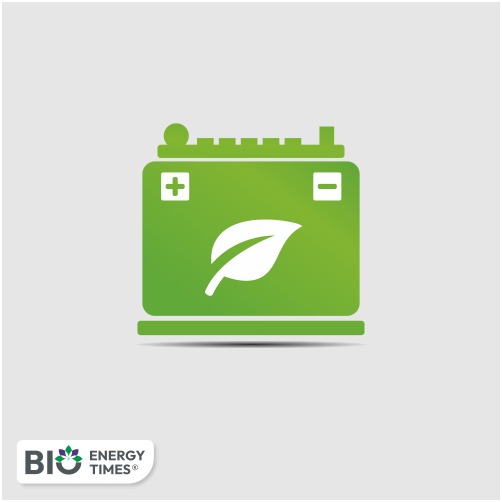As China tightens its grip on critical mineral exports essential to electric vehicle (EV) production, Indian and Japanese companies are holding high-level discussions in Delhi this week to address growing concerns over supply chain reliability and explore joint solutions, reports Live Mint.
Over a dozen major Japanese companies involved in EV battery and critical mineral supply chains—including Panasonic, Mitsubishi Chemicals, Sumitomo Metal Mining, Asahi Kasei, and Nichia—are in India as part of the Battery Association of Supply Chain (BASC). These companies are in talks with Indian players such as Amara Raja and Reliance to explore collaborations.
The focus of the discussions is on building an alternative supply chain for lithium-ion batteries and key raw materials such as lithium and graphite, which are currently dominated by China. China holds an estimated 80% of the global lithium battery market and controls 90% of the rare earth magnet supply. In April, China further tightened export restrictions on rare earths, worsening concerns for Indian manufacturers.
“The goal is to diversify supply sources and jointly work on R&D and technology sharing to reduce reliance on China,” said a person familiar with the matter.
Sumitomo Metal Mining, in an official response, expressed its enthusiasm about working with Indian firms. “We are thrilled to seek business opportunities and cooperation in India to contribute to the upcoming expansion in battery materials and mobility electrification,” the company stated.
While Indian companies are building their own battery plants, experts say price competitiveness remains a major hurdle. India-made batteries from companies such as Amara Raja, Exide Industries, and Ola Electric are expected to be 20–30% costlier than Chinese alternatives, due to the high cost of importing raw materials and limited local refining capacity.
“Japanese companies can support with materials and technology, but the value chain—from mining to refining—is still largely controlled by China,” said Srihari Mulgund, a partner at consultancy EY-Parthenon. “India will need significant investments in raw material access and technology transfer to make a dent.”
Indian EV companies currently import more than 75% of their batteries from China, mainly from firms like BYD, CATL, and EVE. While other suppliers include Japan and South Korea, India’s domestic battery capacity is still in its early stages.
In 2021, the Indian government launched a ₹18,100-crore production-linked incentive (PLI) scheme to build 100 GWh of lithium-ion battery capacity. Companies like Ola Electric, Reliance, and Rajesh Exports were selected to set up gigafactories. However, none have yet met key milestones under the scheme, citing delays in raw material sourcing and technology acquisition.
Amara Raja, Exide, and Tata Group’s Agratas are also building battery plants, while JSW Group has expressed interest in entering the EV battery space.
With EV sales nearing 2 million units in 2024—a 27% rise over 2023—the pressure is mounting on Indian firms to secure stable, cost-effective battery supplies. For now, strategic partnerships with countries like Japan are seen as a key step in navigating a rapidly shifting global battery landscape.















